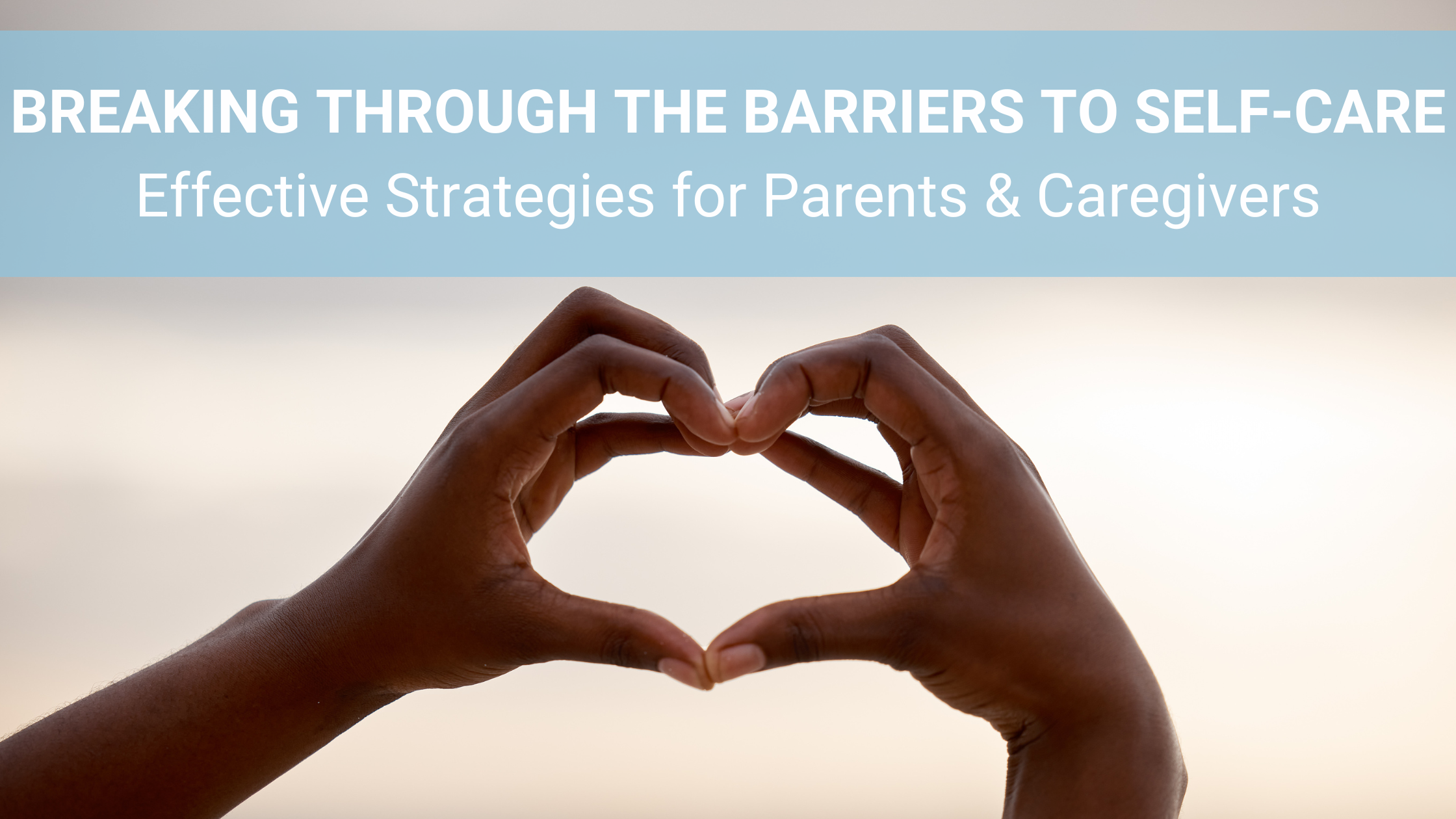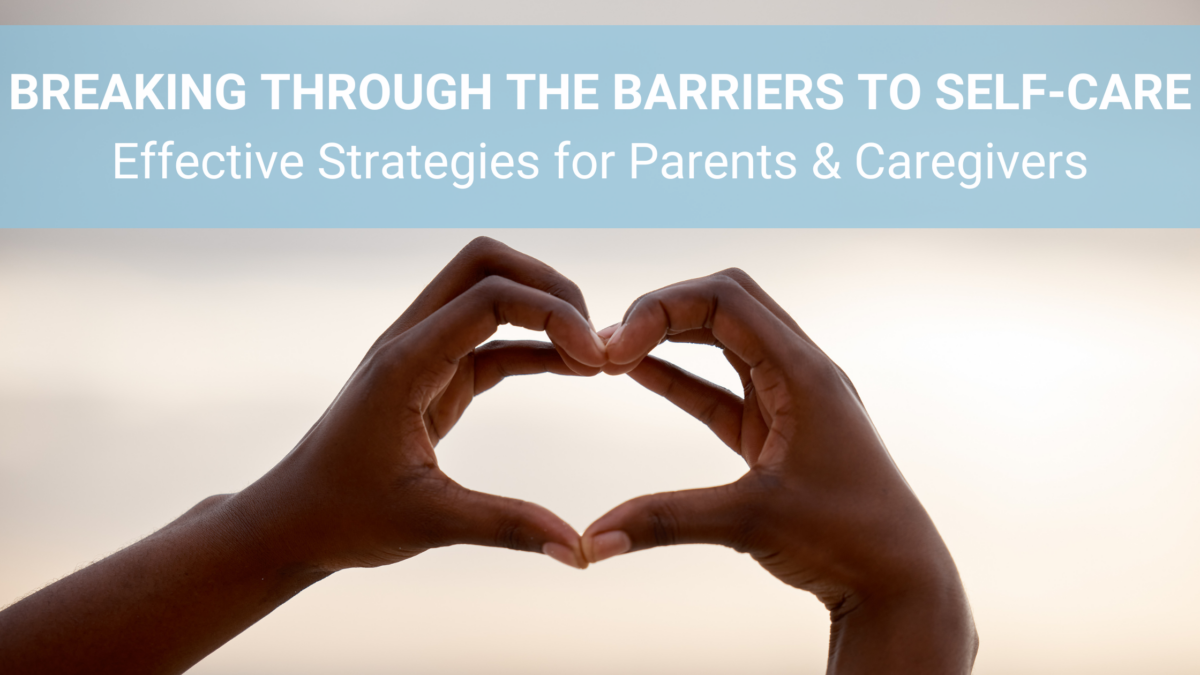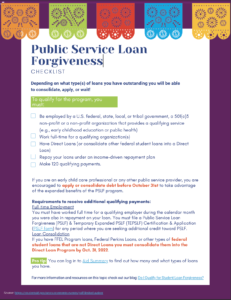
Written by Silvia Esqueda, M.S., LMFT
As parents and caregivers, we’re often juggling countless responsibilities—work, family, and everything in between. But what about taking care of ourselves? Self-care isn’t just a luxury; it's necessary for our physical, mental, and emotional well-being. The World Health Organization (WHO) defines self-care as a multifaceted practice that impacts every part of our lives—from personal hygiene and nutrition to exercise, mental health, and even our living conditions. Yet, many parents often view self-care as selfish or indulgent. In reality, it’s the foundation for a healthier, more balanced life—not just for ourselves, but also for our families.
Common Barriers to Self-care for Parents
Despite knowing the importance of self-care, many parents struggle to prioritize it. Life’s demands often take center stage, and caring for ourselves slips to the bottom of the list. But what exactly stands in the way of practicing self-care? Let’s explore some common barriers that prevent parents from making time for their own well-being.
- Lack of Motivation
- Feeling Guilty About Spending Time or Money on Caring for ourselves
- A Lack of Awareness of Our Own Needs
- Thinking Self-care is a Sign of Weakness or a Vanity Measure
- Putting the Needs of Others First
- Thinking Self-care Takes Too Much Time
- Thinking We Are Not Worthy of Self-care!
Actionable Steps to Start Making Self-Care a Priority
In order to overcome barriers to self-care, we need to deeply believe we deserve to be healthy for ourselves and our families and make self-care a priority in our lives. Here are some steps to help you get started:
IDENTIFY YOUR BARRIERS To begin, pinpoint the specific barriers preventing you from practicing self-care. Identify what consistently stops you from prioritizing your well-being, whether it's time constraints, guilt, or other factors.
SET REALISTIC GOALS Start small by setting achievable self-care goals that fit your current lifestyle. As you make progress, you can gradually expand these goals over time to develop a more in-depth self-care routine.
SET UP A SELF-CARE PLAN Organize a practical plan that outlines specific self-care activities. Then, make a commitment by scheduling time in your daily or weekly routine to focus on yourself and your well-being.
GET SUPPORT Share your self-care goals with trusted friends and family members. When necessary, don't hesitate to ask for help or delegate tasks to free up more time for yourself.
SET BOUNDARIES Establish clear boundaries to protect your 'me' time and ensure it's non-negotiable. Communicate these boundaries with your family and advocate for your self-care needs.
MAKE THE MOST OF YOUR TIME Review how you currently manage your time to find small pockets of time to focus on self-care. Use tools like calendars, planners, or to-do lists to help you organize and maximize your time effectively.
LET GO OF GUILT Release any guilt you may feel about prioritizing your own well-being. Remember, taking care of yourself is not selfish—it benefits both you and those around you.
SEEK PROFESSIONAL HELP
If you've been struggling with persistent barriers to self-care or are dealing with mental health challenges, it may be time to seek professional help. Whether you're facing stress, anxiety, or deeper emotional struggles, reaching out to a professional can provide the support and guidance you need. Be sure to choose a professional who aligns with your specific needs, whether it’s a therapist, counselor, or healthcare provider, to help you navigate the path to better well-being.
SELF-CARE means giving the world the best of you, instead of what is left of you.


